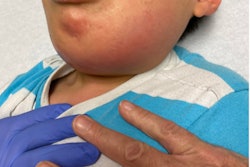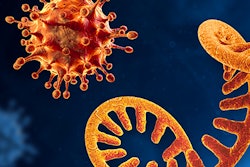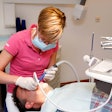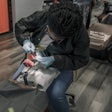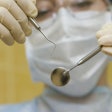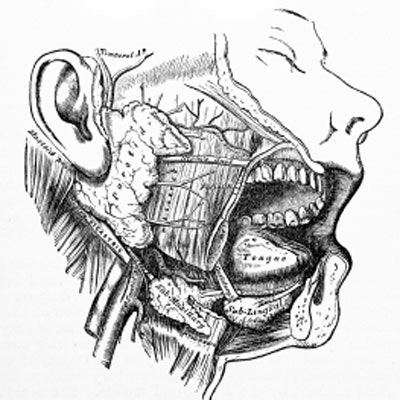
A new type of cell found in salivary glands appears to help restore these glands when they are damaged, according to a study published April 12 in Cell Reports.
Researchers at the Scripps Research Institute in La Jolla, CA, and the National Institute of Dental and Craniofacial Research found new salivary gland cells called ionocytes that support healthy concentrations of potassium, calcium, chlorine, and other electrolytes in saliva. The cells release a key growth factor that appears to repair salivary glands after they have been injured as a result of cancer treatment or autoimmune disorders.
A team led by Olivier Mauduit, PhD, of Scripps found that ionocytes produce a protein called cystic fibrosis transmembrane conductance regulator protein, which can cause a dry mouth/dry eye syndrome called Sjögren's syndrome. Ionocytes also produce a growth factor protein called FGF10, which plays a key part in the early development of salivary glands.
"The fact that this cell is the producer of FGF10 in adult salivary glands suggests that it could have a big role in gland maintenance and repair after injury," Vanessa Delcroix, PhD, study coauthor, said in a statement released by the institute (Cell Reports, April 12, 2022, Vol. 39:2, e110663).
The team plans to continue its research to better understand how FGF10-making ionocytes work in the adult salivary gland and how they could help develop therapies for conditions affecting salivary glands.




